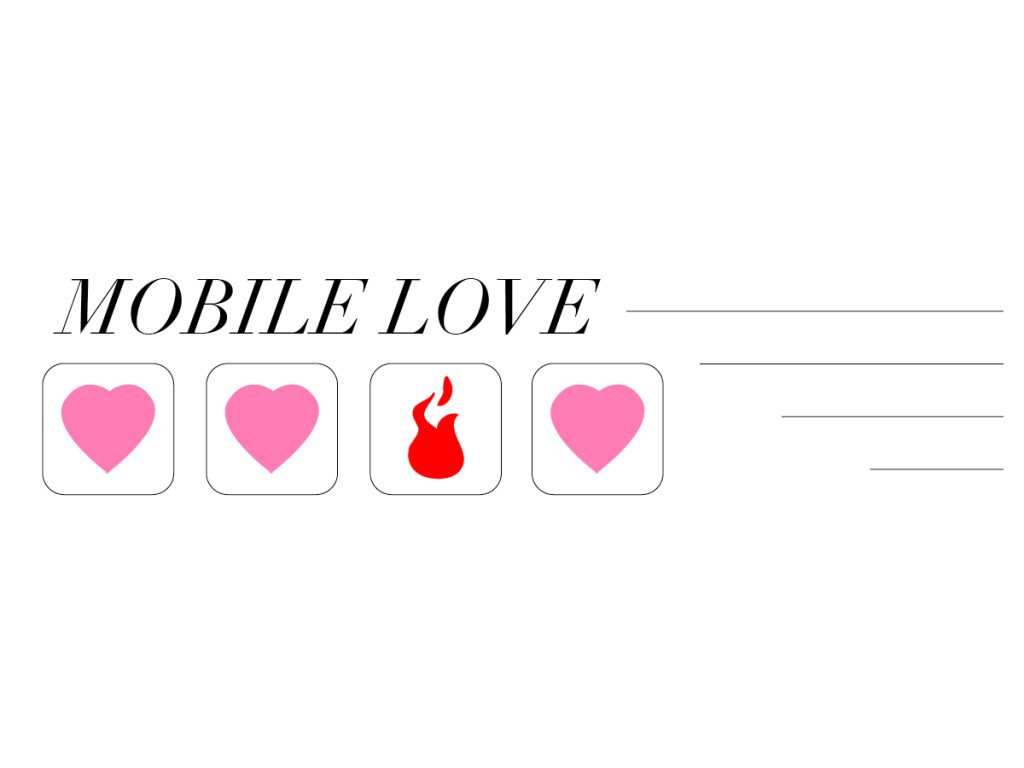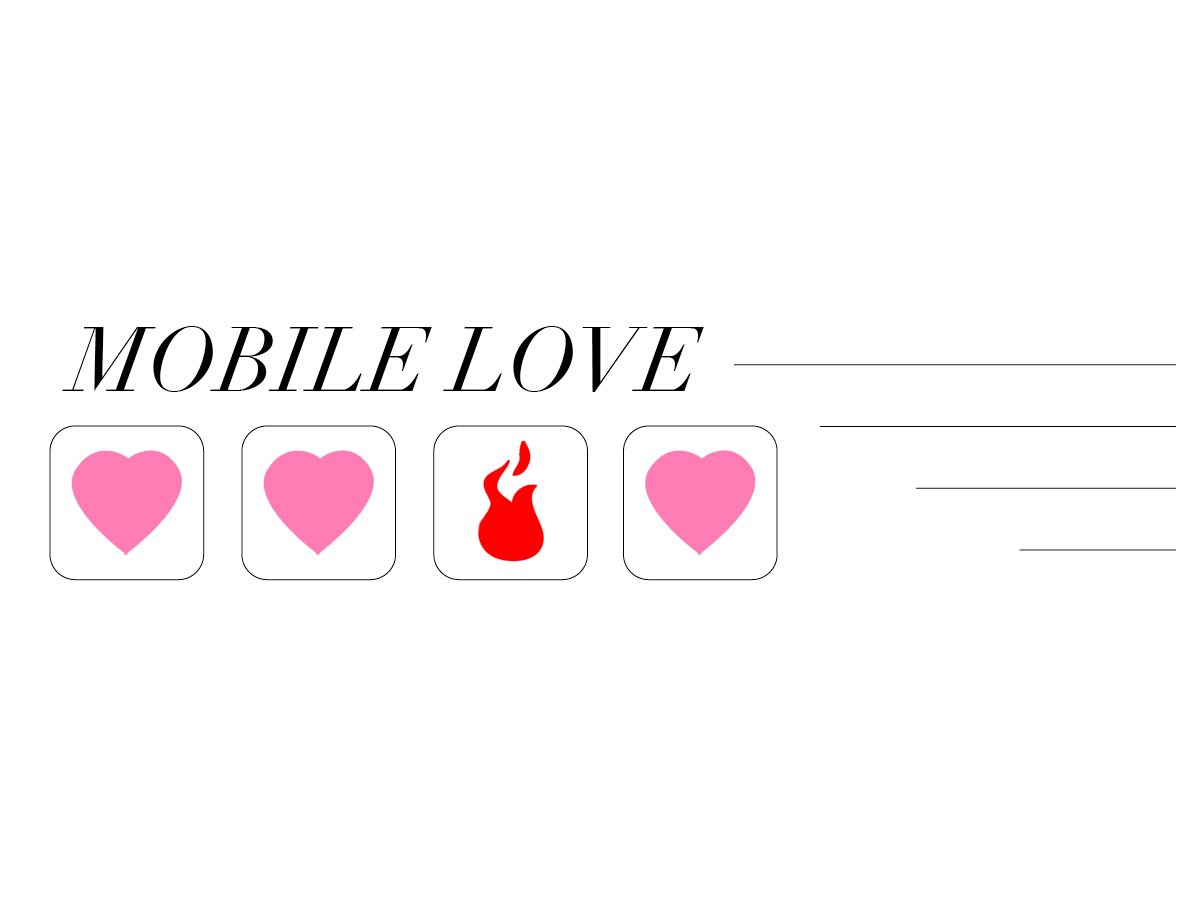
Valentine’s Day has passed and some of us have not found a partner to share this spectacular day of love with — again. A great majority of us probably just ended up sharing a romantic candlelit dinner with our flawless smartphones. Why not put them to better use next Valentine’s Day instead by seeing how Highlanders have responded to a variety of promising dating apps to help you find your right one, or at least your right now.
Swipe left, left, left — “Oooh, definitely a right!” Many of us Highlanders have at least heard of, if not tried for ourselves, the dating app Tinder. Tinder allows you to simply browse through a catalog of people by swiping right to like them and left to reject them, generally judging them on their attractiveness. First-year undeclared student Catherine Hang excitedly exclaimed how addictive Tinder is by allowing users to play a game of hot-or-not while getting a “major thumb workout.” An informal poll for this article shows that seven out of 10 UCR students use Tinder as a confidence-booster to acknowledge how many people find them physically attractive, not to actually seek romance.
As many students have found Facebook to be one of the first online dating segways — next to Myspace — another option has opened for them. Hinge, a dating app that connects you with your mutual friends, uses your Facebook friends to create a comprehensive list of matches and specifically links you to people of the same profession and education. Some students may reveal a relationship is not what they seek, but some students have used Hinge to meet up and hook up without feeling like they’ll mess up.
From self-experience, the app, however, assumes you want to date someone who is on the same side of the spectrum in education and ambition. Despite this advanced matching technique, for some this may not work; pairing people based on institutional levels and fields is not necessarily a measure of compatibility since other factors must be taken into account like personality. Besides, it gets monotonous talking about GPAs and study habits. Hinge takes the notion that birds of a feather flock together and completely runs with it. Whatever happened to opposites attract?
Still, some dating apps just don’t seem to reveal enough about a person. How About We, another mobile date seeker, matches people (for a monthly fee of $24 a month) depending on how adventurous the participant is, with dates ranging from tree-hugging while discussing politics to racing off toward the sunset in hot air balloons. The monthly fee may correlate with the lack of Highlander participation, however. Cheaper well-known alternatives such as Match and OkCupid have now found their way to our mobile devices as well and strive to help users find the best matches using calculated algorithms. Both allow users to upload pictures of themselves, although these apps also have their fair share of failures. Second-year political science student Elias Fakhoury reflects that “several dates (from Match) have ended tragically.” Perhaps their guarantee for “perfect matches” is just a tiny bit far-fetched.
We see these love-seeking apps almost everywhere — on constant replay on television commercials, peeking up in the corner of a website as an advertisement and tacked upon towering billboards. Surely it could be a sign that we need to burst out of our far too-comfortable singles’ cocoon and flutter into the world of dating. However, keep in mind that caution must be exercised when dating online (as seen on “Catfish” episodes). Following your heart works in Disney movies and sappy love stories — in real life however, the mind needs to be a salient force in decision-making.
But as you are parading through these apps with your heart on your sleeve, and possibly chocolates nearby, realize that all your ailments won’t be remedied by an app. Most of these apps utilize aptitude and personality quizzes to gauge someone’s romantic factors, although aptitude isn’t comprehensive enough to measure someone’s inherent desires because everything comes from a “what-if” standpoint. Even personality tests can never truly be appraised as accurate because people can project their ideal self onto these profiles and say what’s most appealing to hear.








